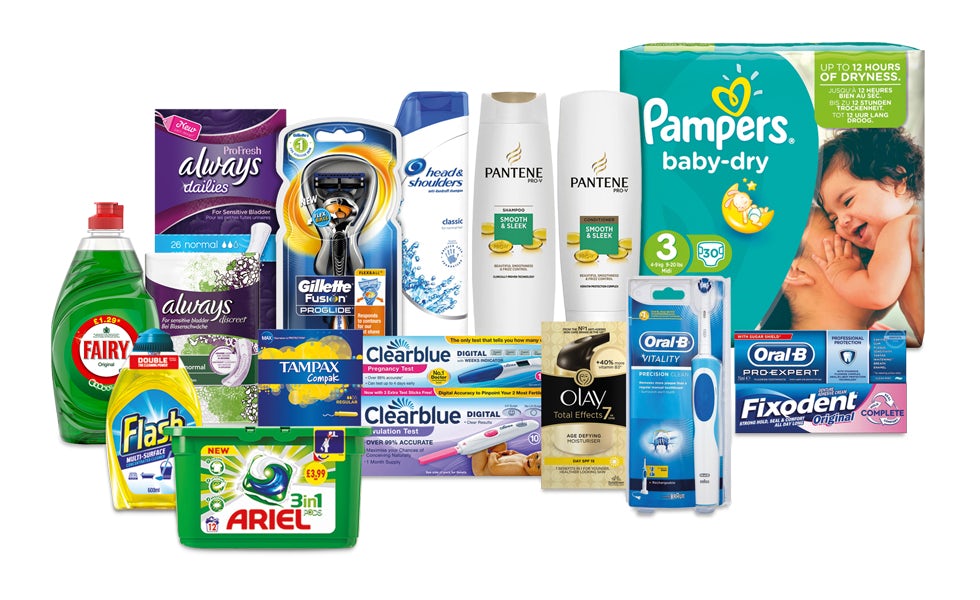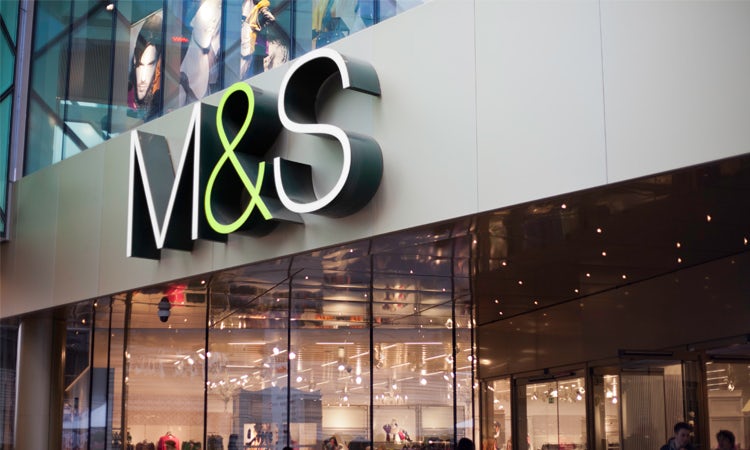M&S, P&G, WhatsApp: 5 things that mattered this week and why
Catch up on all the week’s marketing news including M&S’s plan to train its marketers in data science, WhatsApp move to make money and the innovation gap among UK marketers.
M&S puts data at forefront of strategy
Data is seen as one of the biggest skills gaps in marketing. Research conducted by Marketing Week found that 24.4% of marketers questioned rank it as the top skill missing from their teams, ahead of research and insight on 15.5% and management and leadership on 12.1%.
So it is cheering to see Marks & Spencer tackling this issue head on – and not just in marketing. The retailer is working with tech education company Decoded to give all its staff, including marketers, a chance to become data scientists.
To do that, it has set up a Retail Data Academy that will see more than 1,000 colleagues trained in technologies including artificial intelligence and machine learning. There will also be an in-work data skills programme that will give those that take it a data analytics qualification accredited by the British Computing Society.
It’s a big investment for M&S, but one that should pay off as data becomes an increasingly important of company strategy.
READ MORE: M&S sets up data academy to turn staff into data scientists
UK marketers falling behind on innovation
While the Marketing Week data spotted a data skills gap, there is also another gap appearing in the UK marketing industry that could have a big impact: innovation. According to data from Dentsu Aegis, just 25% of UK marketers see innovation as one of their top three priorities, behind an average internationally of 35% and well behind the US on 45%.
The problem this highlights is that while businesses are seeing marketing as a way to grow the business, they aren’t seeing it as a way to change the business. There are of course exceptions, but it seems in many cases marketers aren’t seen as key to innovation and are simply there to communicate new products and services once they have been developed.
But with marketing closest to the consumer and having the best insights on customer trends, it would make sense to get marketers in on innovation earlier on. With other markets seeing this, it seems the UK needs to catch up.
READ MORE: UK marketers falling behind on innovation
P&G shows why innovation is key

P&G posted modest results this quarter but CEO David Taylor was adamant that the FMCG giant was on the right track. On its investor call on Tuesday (31 July) P&G showed a renewed commitment to natural products.
A rise in wellness in food has translated to the beauty and personal care sector and is a trend P&G is keen to tap into. Natural sales quadrupled in 2018 and P&G predicts they will double again in the next year. From Pampers to makeup Taylor highlighted that company would continue to invest in free-of or full-of to follow consumer understanding.
P&G are also acquiring brands in high-growth areas, four years after the FMCG giant revealed brutal cut which saw it nearly halve its brands. Taylor explained: “We want to grow big brands and plant seeds in high growth areas either organically or buy buying.”
P&G might be creating a leaner marketing strategy but the company seems ready to back the right brands and trends. It remains to be seen how this strategy will fair but it’s worth noting it’s not the only company looking to go more natural with Unilever and others focusing on the trend on investor calls. It’s likely that next year will see new organic, natural brands explode onto the market – we assume without plastic packaging.
READ MORE: P&G CEO: We will be the disruptors in our industry
Facebook starts trying to make money from WhatsApp

More than four years since Facebook bought WhatsApp, promising there would be “no ads”, it is finally looking to monetise the messaging service. And it is launching ads to do it.
The founders of WhatsApp were always against using the service to target ads at users, but Facebook has wasted no time since they left in April in making money from the service. Initially, WhatsApp will show ads in its ‘Status’ feature, but it is also launching a new ad format that will let users know they can message companies using the app, rather than having to call.
WhatsApp will make money by charging companies between 0.3p and 7p per message, depending on the country the user is in. Ads to promote the service will start appearing on Facebook and other websites around the web.
Facebook is taking a cautious approach to advertising on WhatsApp. It might have more than 1.5 billion users but they are used to an ad-free experience, and the fact WhatsApp is a private messaging service means expectations of where brands will show up is different. But with revenue growth slowing at Facebook, WhatsApp provides an obvious opportunity for a new revenue stream.
READ MORE: WhatsApp to start making money from businesses
VW ad banned for encouraging ‘irresponsible’ driving
The ad regulator’s proactive approach to ensuring brands comply with the advertising code means misdemeanours by major advertisers are relatively few. But Volkswagen found itself on the wrong side of the code when an ad that ironically was meant to promote its cars’ safety features was banned for “encouraging irresponsible driving”.
The ad in question shows an accident-prone boy falling of tricycle and bike, and go-carting down a pavement. In all the scenes he comes off the worse for wear. But as a young adult behind the wheel of the VW, he avoids an accident due to the safety systems in the car.
The Advertising Standards Regulator deemed the ad exaggerated the effectiveness of its safety systems and encourage irresponsible driving. Even ads about road safety have to ensure they meet the rules.
READ MORE: VW given the red light over ads that ‘encourage irresponsible driving’








